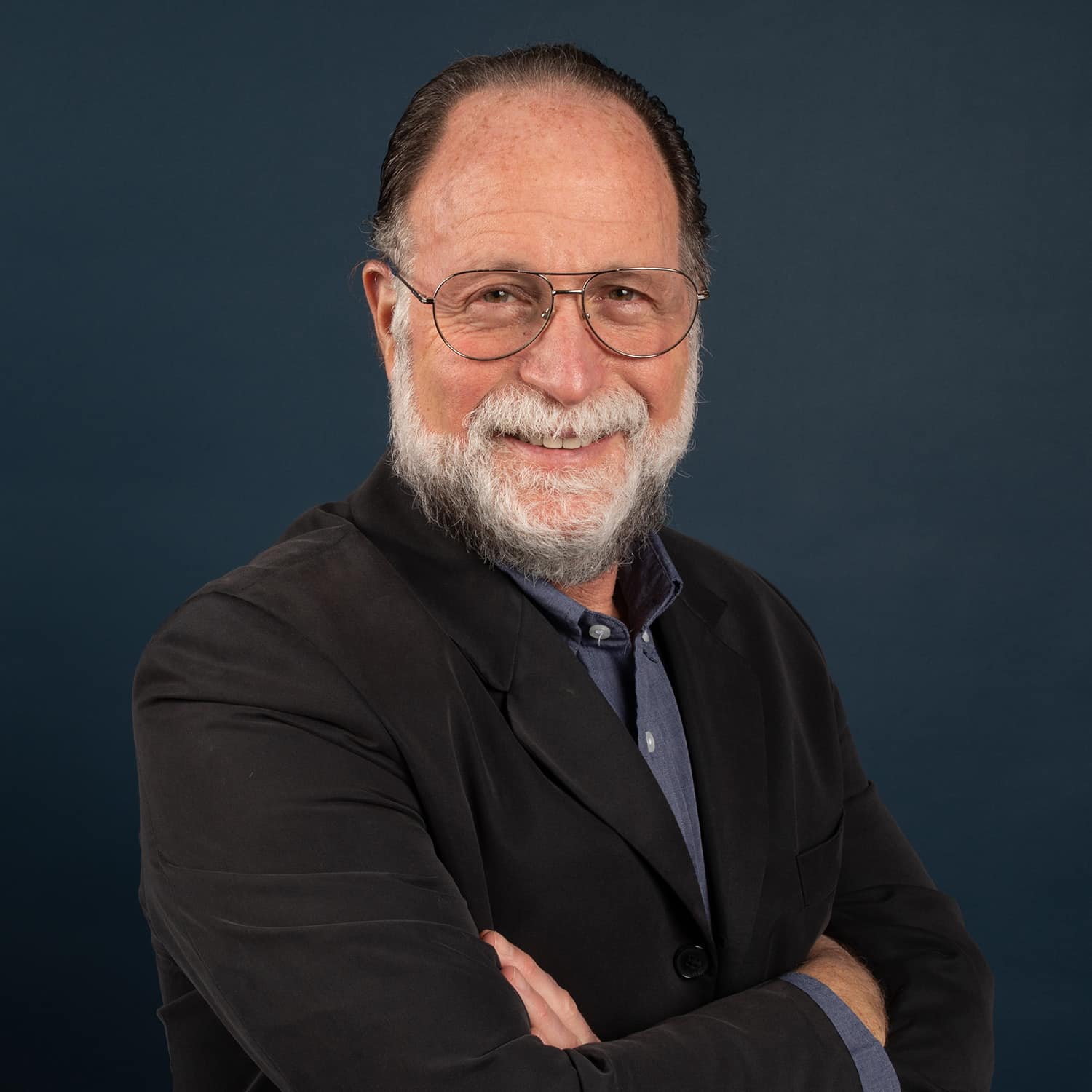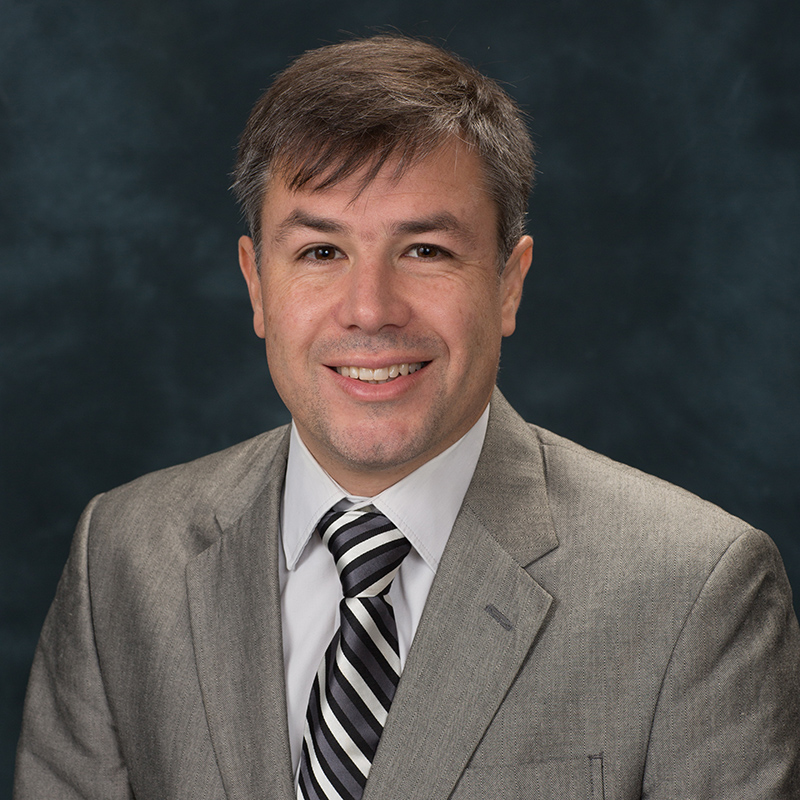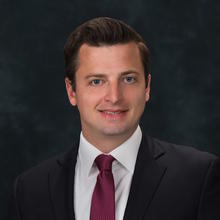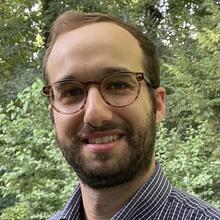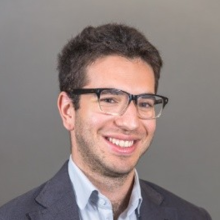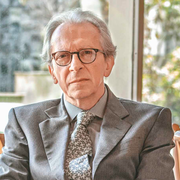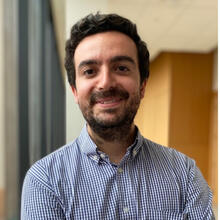Book Chapter
Cheston, T., 2025
Cities in Amazonia: People and Nature in Harmony, 165-167.
The publication sheds light on the ongoing urbanization in Amazonia and emphasizes the need for urgent action to guide it towards sustainability, improving both forest protection and the well-being of its residents.
This book explores the complex and rapidly evolving urbanization of Amazonia, a vast, diverse, and ecologically critical region undergoing a profound transformation. Amazonia is now home to nearly 41 million urban residents across 895 settlements — and yet its urbanization remains poorly understood, underestimated in scale, fragmented in form, and frequently overlooked in policy.
Through multidisciplinary perspectives and contributions from more than 50 experts, this book examines how urban growth intersects with environmental degradation, social inequality, and gaps in governance. Despite these challenges, cities in Amazonia are also places of promising innovations, from tailored healthcare services and environmental monitoring to community-led planning and cross-border cooperation.
Rooted in both local insight and regional coordination frameworks, including the Amazonia Forever program, this work offers a holistic and evidence-based understanding of urbanization in Amazonia. It argues for urgent, coordinated action to guide sustainable, inclusive development — before current urbanization trajectories lead to irreversible ecological and social consequences. The book invites researchers, policymakers and practitioners to recognize Amazonia’s cities not only as sites of vulnerability but as key agents in shaping the region’s — and the planet’s — future.
Chapter four highlights successful practices and innovative approaches that address this region’s urban challenges. Some focus on people, improving healthcare, and mapping needs for riverine communities. Others emphasize environmental care, with cities leading sustainability efforts, nature-based solutions, partnerships and ecosystem restoration to boost resilience. It also stresses the importance of increasing prosperity by finding opportunities even under difficult, cross-border conditions
Keywords: urbanization, cities, urban areas, sustainability, climate, productivity, well-being, infrastructure, Amazonia, urban development
JEL Codes: R11; R12; O18; R58; J24; R42; Q54; Z13






